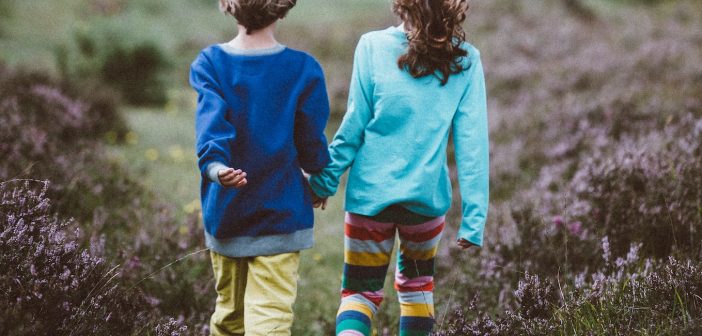A great source of worry for many parents is if their child will be able to make friends easily. Regardless of age, friendships are an important part of childhood (and adulthood too!)
Positive peer relationships can have not only emotional but also cognitive and behavioural benefits for children.
Through friendships, children learn important social skills such as sharing and verbal and non-verbal communication, as well as self-regulatory behaviours. Friendships also create a sense of belonging and security, being a protective factor against stress.
Conversely, negative friendships can lead to undesirable behaviours, risk-taking, poor self-esteem and depression.

So how do we know if our child will make good friendships?
An interesting study showed that one big predictor of children making quality friendships is their ability to experience and express strong emotions. When expressed positively, these intense emotions can facilitate pro-social behaviour and engagement with peers. A child who does not do this may hold back or withdraw from social interaction.
Another predictor of the quality of friendships is how the child interprets their peers’ intentions – whether they think their motive is hostile or congenial.
This makes sense, of course. If Lisa picks up Holly’s toy and Holly has a tendency to think other people’s intentions are hostile, she is likely to see this as a negative act and react according. In reality Lisa may have not realised Holly was playing with it.
In short, a bit predictor of quality childhood friendships is emotional intelligence.
To support a child’s ability to make friendships, parents can help by fostering their child’s emotional expression, as well as encouraging a positive outlook on external events. A child who thinks everyone one is against them is unlikely to be open to positive peer interactions.
Often this comes down to modelling behaviour. Avoiding a blame culture at home and looking for the best in people’s intentions is a great place to start, this helps your child build resilience and avoid negative thinking.
Encouraging them to think about things from other peoples’ viewpoint and practicing positive social skills are also ways you can help foster positive friendships.
Kids Matter also has some great resources on how to help children develop friendship skills.

